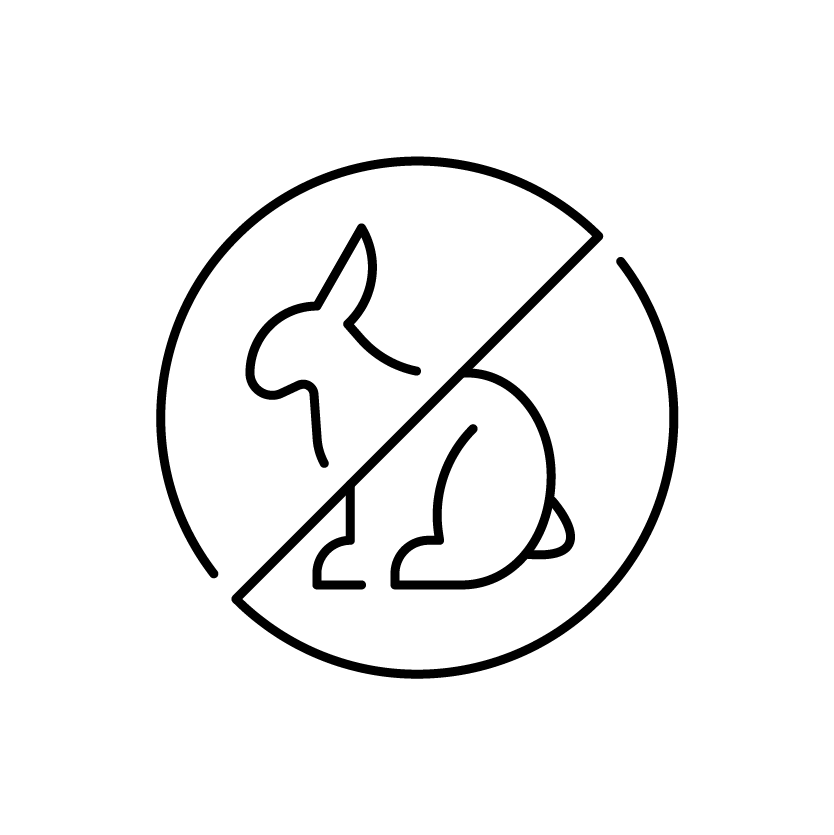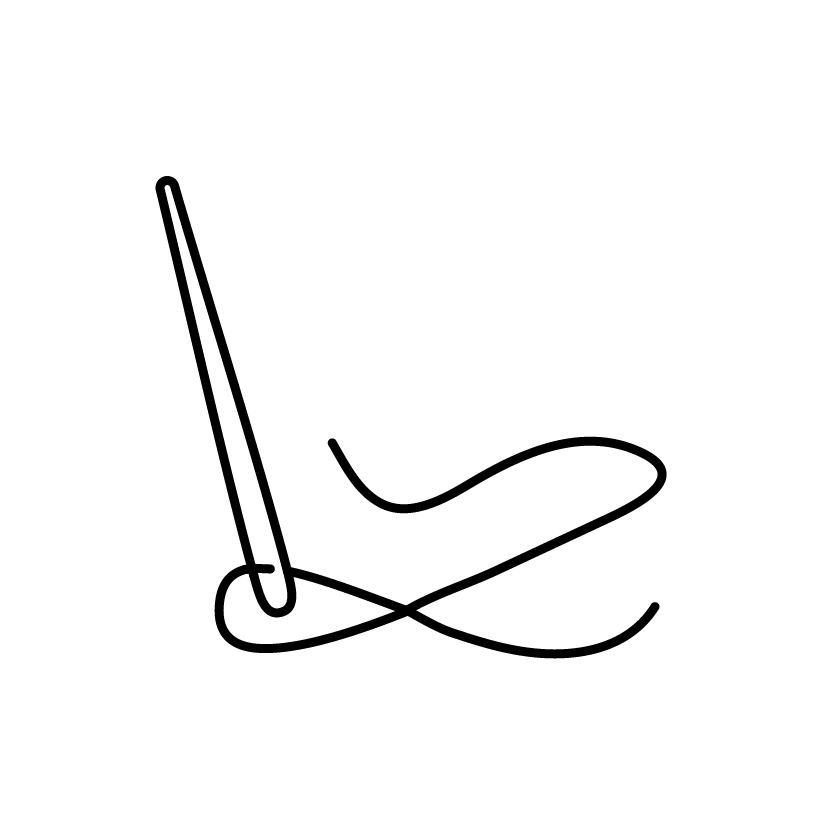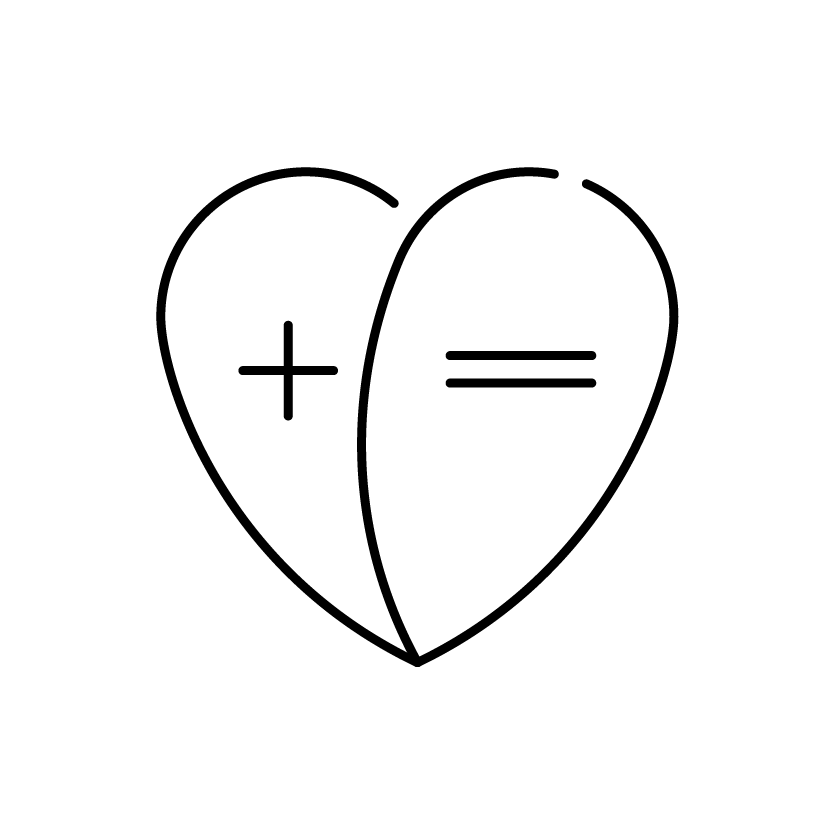Location
Singapore
Made In
Cambodia
Values
Beebee+Bongo is a Singapore-based company working exclusively with Cambodian Knits Handmade, to create ethical, sustainable, high-quality, and eco-friendly children’s toys for play-based learning. The Beebee+Bongo team believes “in the power of humour and play to create connection”, which is why they are so driven to enhance the enjoyable interactions between children and their friends, parents, caregivers and teachers.
The Beebee+Bongo toys are crafted ethically and are, of course, safe to be used by children. The yarn Beebee+Bongo works with has been safety-tested and certified. Starting in 2022, they will be working with new suppliers who are GOTS, OEKO-TEX and SGS certified. This means the yarn is not only tested for chemicals, but produced in an ethical and eco-friendly way. As for the stuffing, it’s made from recycled PET bottles, and the educational Beebee+Bongo toys arrive at their new homes in fairly-made bags crafted from end-of-roll fabric.
Beebee+Bongo is more than an ethical toy company; they’re also a social enterprise that provides fair employment for women (and sometimes men) in Cambodia. Beebee+Bongo ensures the Cambodian mums, aunts and grandmothers that hand-craft the beautiful toys have fair and flexible employment opportunities. Furthermore, Cambodia Knits – Beebee+Bongo’s production partner – has World Fair Trade Organisation-aligned working conditions, including maternity leave, national healthcare and labour laws, as well as policies to prevent child labour, unfair subcontracting and risks.
Beebee+Bongo is a company we are immensely proud to be partnering with. Not only is this epic brand creating high-quality, eco-friendly, completely safe toys for play-based learning, but they’re using their business to generate positive social and environmental change. Honestly, if we were a toy brand, we’d be Beebee+Bongo.



Want to know where Beebee+Bongo sits and what they’re working on in terms of these 5 values? Hover over these values to find out.
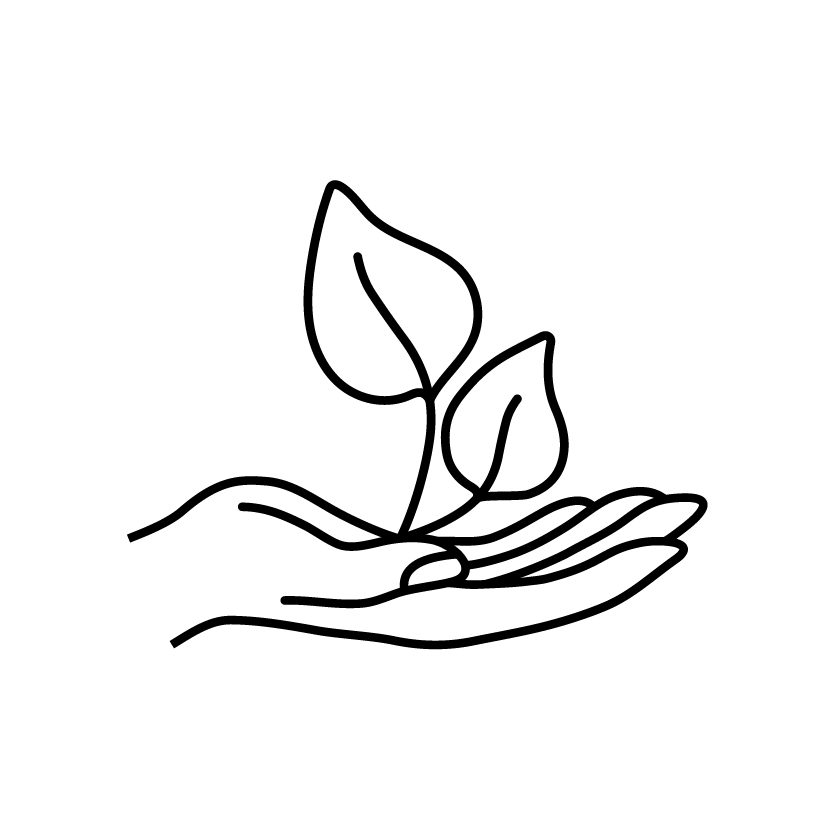
Eco Friendly
Our yarn suppliers have GOTS, OEKO-TEX and SGS certifications which means that the yarn is produced ethically, it is tested for chemicals and produced in an eco-friendly process. The stuffing we use for our toys is made of recycled PET bottles in Thailand, and our educational toys come in fairly-made bags created from end-of-the-roll fabric. We work with our wholesale clients to provide eco-friendly packaging where possible (e.g. reusable vacuums or with biodegradable bags). We anticipate it will be an ongoing process to fine-tune the supply chain to be as eco-friendly as possible.
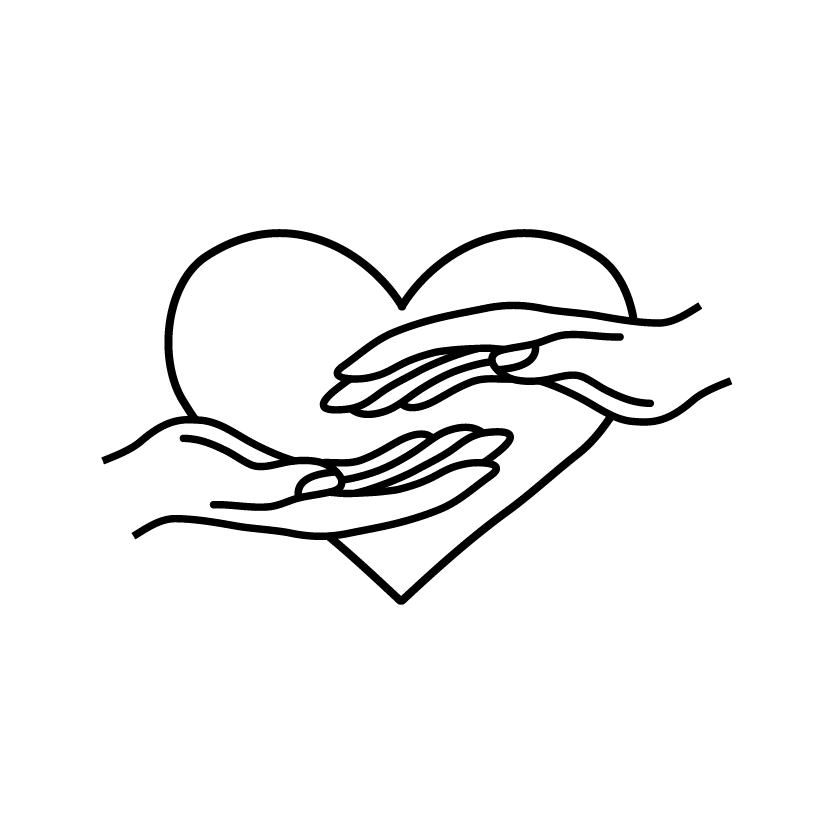
Fair
Our production partner, Cambodia Knits (CK) has working conditions that align with WFTO and is currently in the application process for certification. The CK headquarters staff all have social protection benefits (maternity leave, national health care, labour laws), and there are policies in place for the piece-rate, home-based workers, to prevent child labour, unfair subcontracting, and mitigates risk for producers by providing all materials and continuous support for quality maintenance.
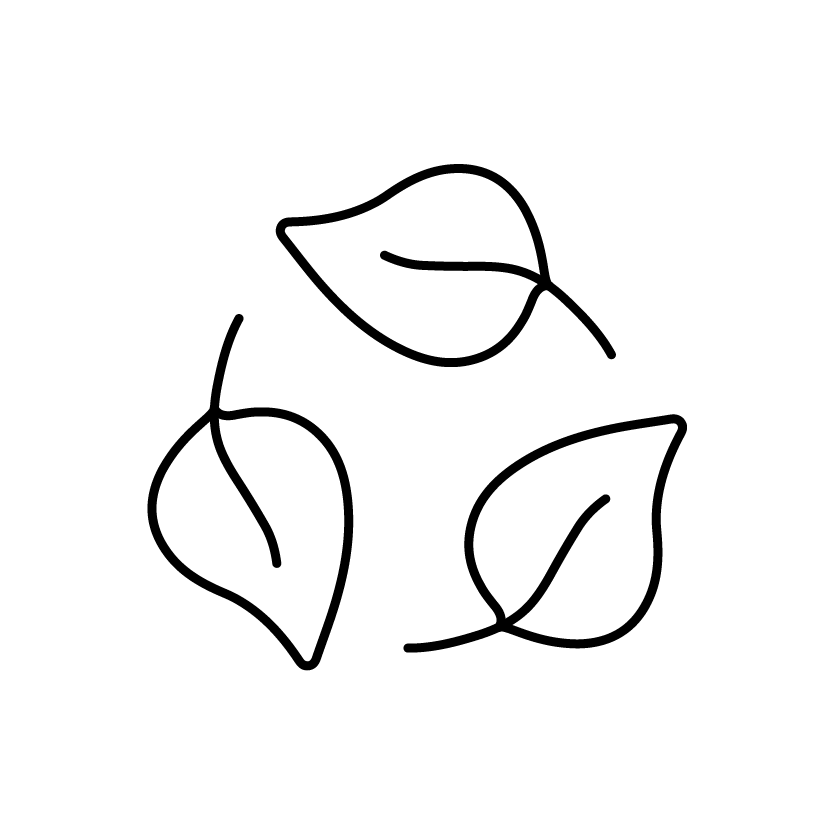
Minimal Waste
Knitting and crochet by their very nature tend toward minimal waste. Unused ends of yarn rolls can be used towards other products. Samples that are made in the HQ during the production development process often use left over or sample yarn and are regularly donated to local children’s organizations like Angkor Hospital for Children. Knitting and crochet done by hand likewise require no electricity (other than for lights to be able to see), so are naturally low emission.
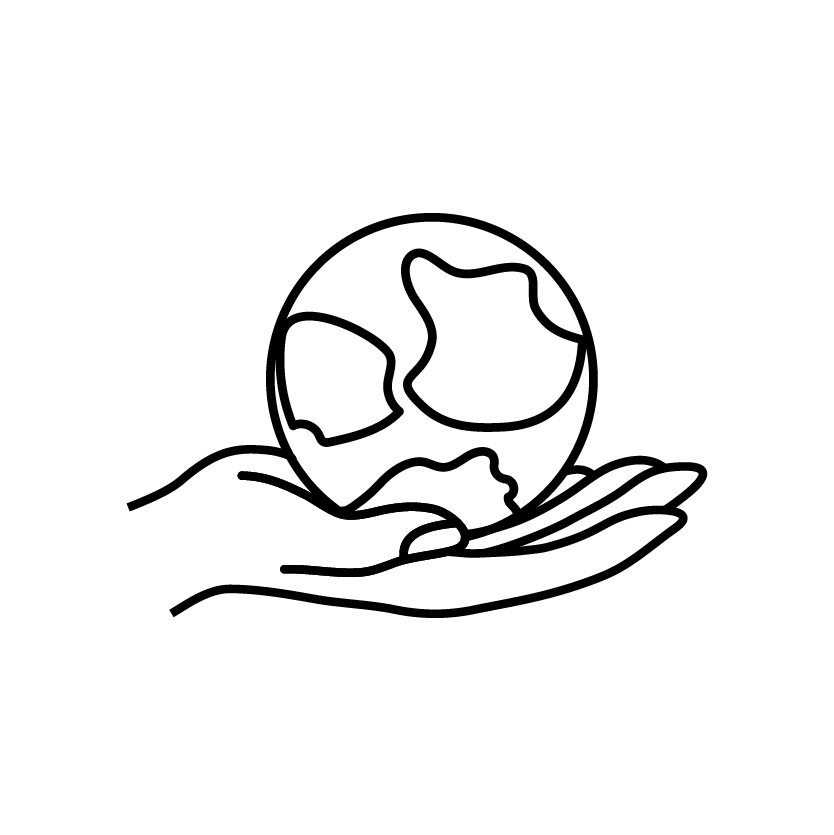
Give Back
We are in early talks with some local organizations to partner together for some initiatives around education in Cambodia, but that is still in progress. Our producer, Cambodia Knits (CK), had a scholarship fund pre-COVID for children of the knitters. Schools are currently closed, but Beebee+Bongo expects to be contributing to that independently as well. CK has also regularly donated sample products and non-export quality products to various local projects and schools.
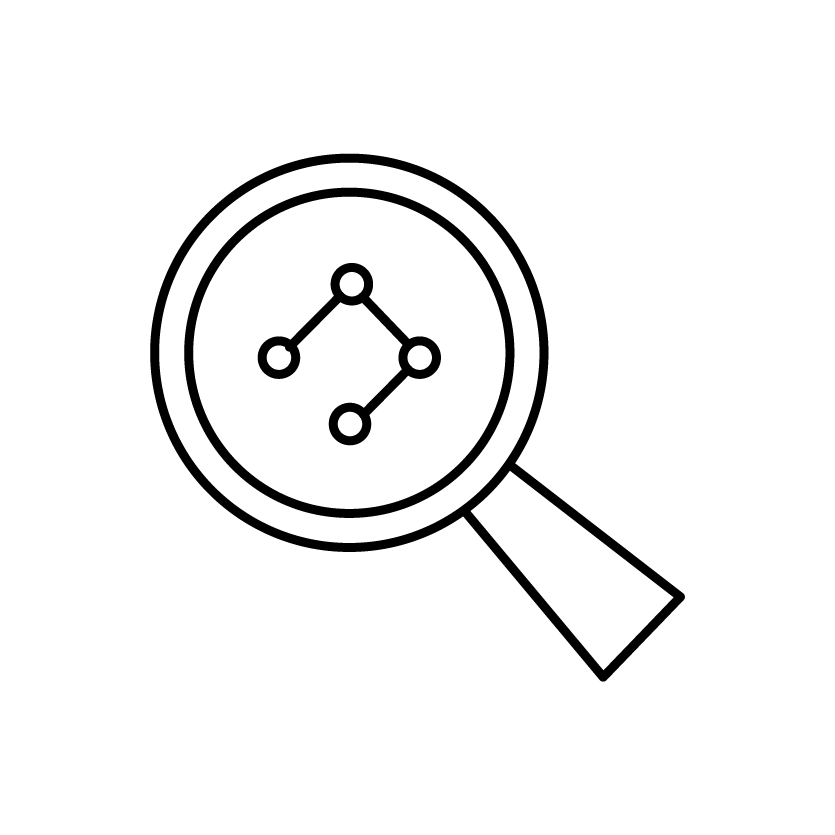
Transparent
We're getting much closer to this. Yarn and stuffing are our main raw materials and our producer has worked with the stuffing supplier out of Thailand for a number of years (stuffing is made of recycled PET bottles). Yarn has been harder to trace all the way through (e.g. how the cotton was grown or the wool harvested), but we have now found two suppliers who have a transparent supply change and the appropriate certifications. Some of our products come in a cloth bag that has been fairly made and produced from would-be scrap material.
Behind the Brand
“When it comes to being socially conscious, there is rarely one ‘right’ answer. Our approach is simply to do our best, be as transparent as possible, and be ready and willing to change as new options/opportunities come along”.
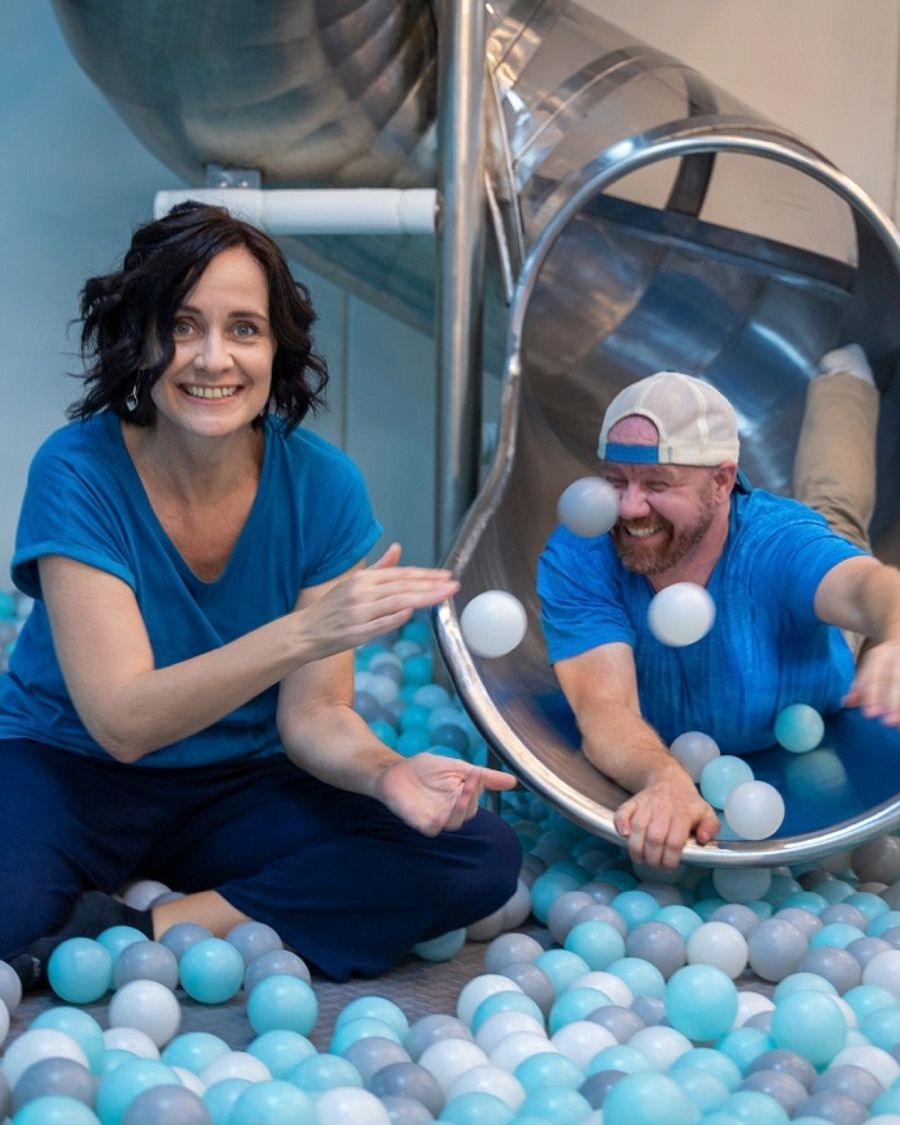
What made you start Beebee+Bongo?
Monika: This is a story best told in two parts. I started Cambodia Knits, the key production partner of Beebee+Bongo, years ago and ran it for a long time as a small informal project, initially out of my apartment. Our little brand became quite popular with tourists and many return-customers locally. I continued to develop the brand and the product lines, but without making any significant headway into international markets. When COVID19 hit last year, we lost the majority of our local sales and the entirety of the tourist market. I fluctuated between wanting to shut the operations down and thinking of ways to keep it going. I was especially worried for our producers who were going to need income sources more than ever before. In the end my fight response won out and I gathered my thoughts and then shouted out for help because I felt that a key part of the strategy for CK was a rebrand and that I needed help. Enter Micheal into the story…
Micheal: When I met up with Monika, I’d recently quit my day job to be an independent consultant as I worked on my MBA part-time. I had been an entrepreneur in the past and was interested in getting involved in another business. The whole thing was a bit serendipitous. Monika had developed a wonderful product and really just needed help to take it to the next level (i.e. global). A new brand was key for a global market because most of that market won’t have been to Cambodia. And even though the social aspect of the story would appeal to customers, we strongly felt that the products still had to stand on their own in terms of quality, likeability, etc.. So we established Beebee+Bongo, a fun, light-hearted brand that could appeal to parents and caregivers everywhere, while also supporting the parents and caregivers who made the products.
Do you have a morning routine? If so what is it you do to set yourself up for the day ahead?
Micheal: There is a mantra in personal finance called ‘pay yourself first’. I do this with my time. Before I give anyone else my time, I give myself my mornings. I wake up by 6 or so, make a cup of coffee and (almost) religiously do my Morning Pages first thing. After that, I plan my day. I have a daily planner where I list out the meetings I have, and the top two or three tasks that I have to get done that day (the variation to this routine is sometimes I will get up and do a workout first). After that I’ll do a quick scan of emails to see if there is anything urgent that trumps my ‘to-do’ list, and then start diving into the day.
What’s the biggest barrier you’ve found to succeeding as a socially conscious business?
Micheal: Probably constantly trying to define what it really means to be socially conscious and how to live up to customer expectations. There are always trade-offs; you have to decide which ones you’re going to feel okay about. For example, we had a supplier in China lined up last year for our organic yarn, only to find out that the cotton was being grown in a region where workers rights were being heavily violated. Our supplier couldn’t guarantee the cotton we were buying wasn’t from that region, so we had to pull the plug. In that case, ‘ethical’ trumped ‘eco’. But the answer isn’t always so clear. Our production partner (CK) has a unique business model: fair, flexible employment that allows women to work from home and on their schedule—which is ideal for them. But this also means we can’t have the same production oversight we could if it was in a factory, so the social compliance isn’t as clear. With materials: 100% natural cotton might not be organic, but going organic might mean there is more water consumption being used in production. When it comes to being socially conscious, there is rarely one ‘right’ answer. Our approach is simply to do our best, be as transparent as possible, and be ready and willing to change as new options/opportunities come along.
Within the ethical fashion community, there’s a big question that we ask which is ‘who made my clothes?’. In the scope of Beebee+Bongo, who made the things you sell? Can you tell us a bit about them?
Monika: Our products are made by Cambodia Knits (CK) in Cambodia. We have an extremely close relationship with them; I am the founder of CK and am still involved in day to day operations, on the ground in Phnom Penh. The women that CK works with are often mothers or older women who have limited opportunities for employment because of their obligations at home and their lack of formal skills or education. The goal of CK is to provide training for producers, along with all the material and support they need to be able to earn an income at home, within the constraints they face, but also with the soft skills and tools to challenge those constraints.
Why did you pick the fabrics you have chosen to work with?
Monika: Our new yarn suppliers have the GOTS, OEKO-TEX and SGS certifications which means that the yarn is produced ethically, it is tested for chemicals and produced in an eco-friendly process. We also strive to work with and/or support other social enterprises in the space where it makes sense and aligns with our values. Our cotton bags, for example, are produced by a social enterprise in Cambodia using end-of-the-roll material that would otherwise be wasted. So while we don’t have full supply chain oversight on the cotton fabric, we are contributing towards waste reduction.
Best piece of advice you have ever received?
Monika: A quote that sticks with me is one from Jane Goodall: “You cannot get through a single day without having an impact on the world around you. What you do makes a difference, and you have to decide what kind of difference you want to make.” We all make a difference whether it is something seemingly small like treating someone at work with kindness or taking time out for a friend in need, to business decisions such as going with a pricier supplier because they treat their staff more fairly. We all have an impact on the people and world around us and we get to choose how that impact can be directed.
Micheal: I do some photorealistic oil painting as a hobby, and as you can imagine, it’s a rather labor-intensive process. When I was first learning to use oil paints my teacher gave me a nugget of wisdom “Don’t try to finish it at the beginning”. Oil painting, like so many things in life, is a process. If you haven’t properly prepped the canvas, if you don’t have the foundational layers of paint, then trying to create fine details will be very challenging. You have to do the work, you have to go through the process. The same is true for relationships, and for business. Whenever I start feeling impatient about not having reached a goal or an achievement I try to remember this.
One book everyone should read? Why?
Monika: Mindset By Carol Dweck. Without knowing it, so much of my thinking patterns and actions had previously been undermined by what Dweck refers to as the ‘fixed’ mindset, the belief that you’re either born with it or not, whatever it is: artistic talent, business acumen, intelligence. Rather, Dweck advocates for perseverance, grit, learning to learn, thriving in the process of trial and error, in any field and in any aspect of your life. In a ‘growth’ mindset approach, challenges and difficulties are not only good, they are where learning and growth happens.
Micheal: The Desire Map by Danielle Laporte. The book challenges you to take a look at every aspect of your life (career, relationships, family, spirituality, etc.) and ask yourself: what beliefs do I have about these areas of my life? Are these what I really believe or just what I’ve been told I should believe? Are these my ‘truths’ true anymore? And if they aren’t, what are they? This book created a turning point in my life where I started, maybe for the first time ever, to design my life on purpose based on who I am now and not who I used to be. I now do a version of this ‘desire-mapping’ every year so that as my beliefs and values change, so does how I choose to live my life.
Are there any other Movers & Shakers out there in your world that you think people should know about?
Monika: One person and brand we really like/love/appreciate and feel deserves to be shouted about more, is Chomnab Ho, and his brand, FairWeave. He has committed himself to the Cambodian weaving tradition for years, focusing only on traditional, natural dyes, creates the most stunning patterns and designs and runs a sustainable brand that employs and supports women in several communities in Cambodia. He is even working on growing cotton to make his production chain even more transparent and ethical. He is an amazing example of a locally grown brand in Cambodia.

